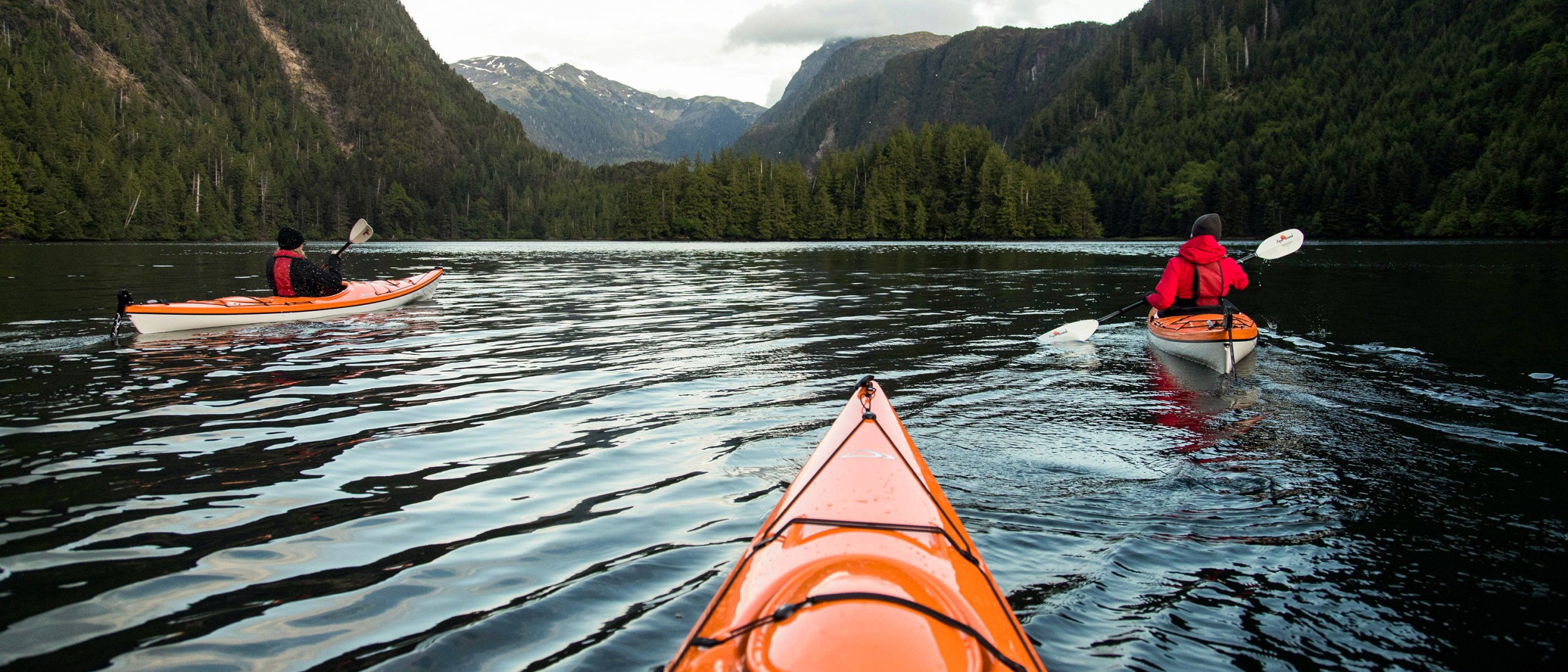Working with the Indigenous Tourism Association of Canada

Airbnb and the Indigenous Tourism Association of Canada (ITAC) are partnering to promote safe and healthy tourism and experiences within Indigenous communities. As summer continues, families across Canada are looking to nearby destinations to safely get outdoors; Indigenous communities offer travelers a way to connect with history and learn about Indigenous Culture, right in their own backyards.
“At Airbnb it’s our mission to help people make meaningful connections, which is why we are proud to partner with ITAC to safely connect travelers with Indigenous Cultures and communities in Canada,” said Alex Dagg, Airbnb Senior Policy Director for the Northeast U.S. and Canada. “We’re excited about promoting economic development through safe and healthy tourism with ITAC.”
As part of this partnership, Airbnb has developed a website dedicated to highlighting listings and Airbnb Experiences in Indigenous communities as well as relevant information about Indigenous hosts. Additionally, ITAC will have access to data about search and booking trends to help inform their marketing strategy and overall promotion of the destinations. ITAC will also promote hosting on the Airbnb platform with its members.

“Partnering with Airbnb will significantly raise awareness of Indigenous tourism across Canada and makes it even easier for travelers to book and create their own itineraries, including accommodations and experiences,” says Keith Henry, CEO and President of ITAC. “We look forward to a close working relationship and applaud the Airbnb team for understanding that demand for authentic Indigenous tourism experiences is only growing and supporting the economic development of Indigenous communities across the country.”
“We see ourselves as Cultural ambassadors,” said Candace, member of the Shishalh and Squamish Indigenous communities and Experience host on Airbnb. “We want people to understand that we are the land and the land is us. So when people refer to their home, they may refer to a dwelling, but for our people our home is the region, the forest, the ocean, the dwellings where we live. We are all connected.”
Airbnb and its work to promote tourism
This partnership is part of Airbnb’s ongoing work with tourism agencies and DMOs to help support responsible and safe travel that benefits local citizens and small businesses. Within this context, Airbnb will share travel data and insights as well as allow these organizations to leverage our platform and channels, reaching hundreds of millions of people globally.
Traveling safely and responsibly
With guests looking to travel safely, Airbnb listings are meeting guests’ new, emerging needs for increased cleanliness and privacy. Ninety-four percent of all Airbnb reviews show that guests are satisfied with cleaning, scoring it at four or five stars after their stays. In addition, roughly three out of four guests recently surveyed by Airbnb said they would be more comfortable staying with their families in a listing than in a hotel with other people—as listings provide amenities like private kitchens and laundry, along with offering guests more control over their environment and travel experience.
Airbnb encourages hosts and guests to travel responsibly and review the guidance and health advisories issued by relevant governmental and health authorities in advance of any booking or trip.
Airbnb is also reminding hosts, travelers and policymakers of its new industry-leading Enhanced Cleaning Protocol, to support the safe reopening of travel. This includes a step-by-step cleaning handbook—with guidelines informed by the US’ Centers for Disease Control and Prevention (CDC)—to help hosts elevate their cleaning practices and prepare their home for guests. In addition, guests looking to book their trip can easily identify and book listings, thanks to a new highlight on listings that opt-in to this Protocol.
*Toronto is the traditional and unceded land of the Mississaugas of the Credit, the Anishnabeg, the Chippewa, the Haudenosaunee and the Wendat peoples.